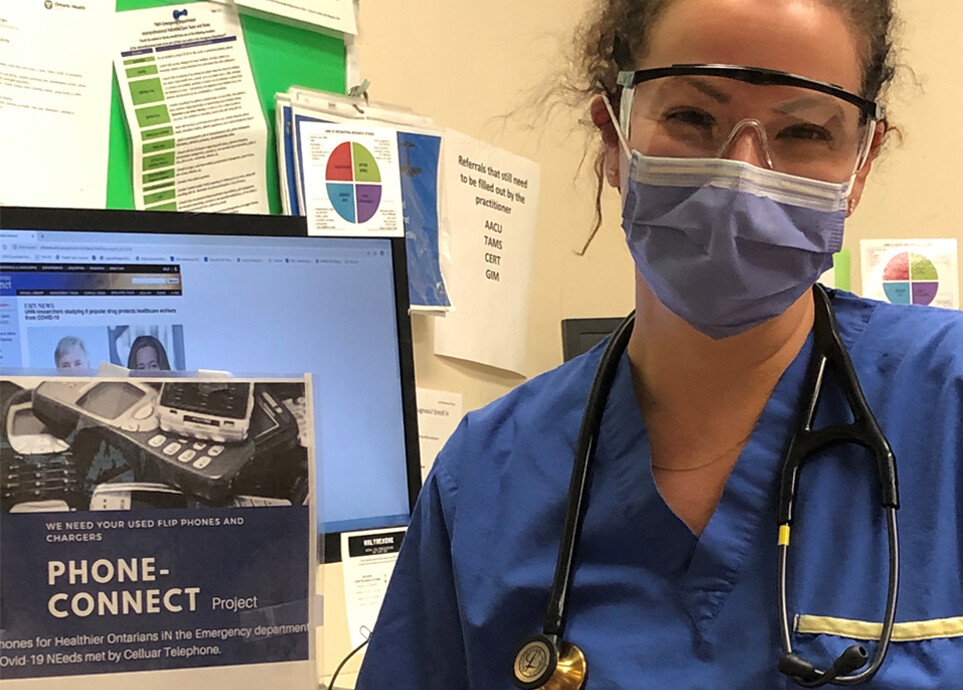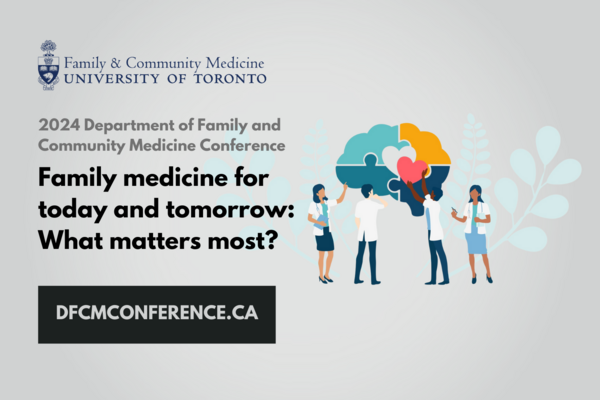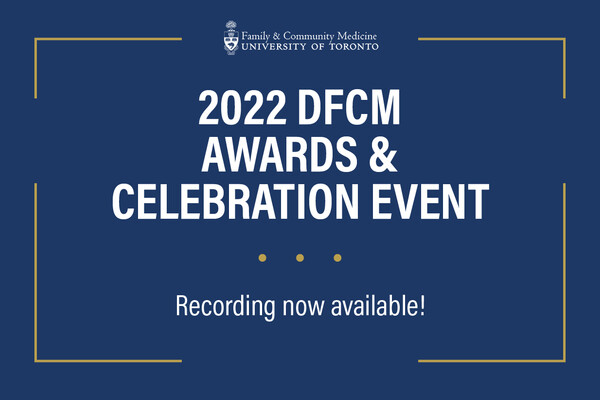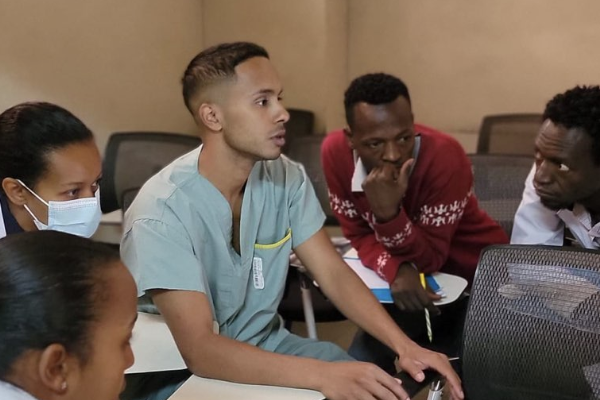Old phones are a lifeline for vulnerable patients during COVID-19

For many, it is difficult to imagine life without a mobile phone, as the device has become increasingly integrated into the way we operate in our society. Accordingly, those who do not have access to a phone may face barriers in accessing certain services and connecting with the rest of the world, potentially leading to poorer health outcomes.
Dr. Andrea Somers, an attending physician at the Department of Emergency Medicine at the University Health Network (UHN) and lecturer at the University of Toronto Department of Family and Community Medicine (DFCM), saw many examples of this in the emergency department where she worked. After the point of discharge, Dr. Somers noticed that patients – particularly those who were homeless, who struggled with mental health or substance use, or were socially isolated – were experiencing barriers to their care. These patients often did not have a phone number listed on their chart, so it was difficult to reach them for follow-up and connect them with the medical care or social services they needed – an issue that was further exacerbated with the arrival of the COVID-19 pandemic.
“There are so many obvious direct health implications with respect to follow-up and continuity in care, and there’s a gap there – you have to close the loop on communications. Otherwise, people can fall through the cracks very easily,” says Dr. Somers. “And now with so many outpatient clinics moving to virtual appointments after COVID, my concern is that people will be cut out even more from that system.”
To address this health inequity, Dr. Somers spearheaded a program called “PHONE CONNECT” to collect old mobile phones and distribute them to vulnerable patients who are under investigation of COVID-19. So far, the team has received over 400 phones from community donations and Bell Mobility, who has also gifted 200 sim cards. These phones are then cleaned and given to eligible patients so that they can be contacted for their COVID test results and have contact tracing done to minimize the spread of the virus in their community. Additionally, for those who need to self-isolate, the phone provides a much-needed connection to the outside world that allows them to access their social networks and services such as grocery delivery, 211, or virtual medical services.
“For a lot of people, these old phones are just junk sitting in a drawer in their house. But for someone in a very vulnerable situation, it’s a lifeline that can be used to connect with the world and potentially prevent a lot of morbidities,” says Marck Mercado, a third year MD student at the University of Toronto who is working with Dr. Somers on the project.
Dr. Somers added: “In speaking with some of these patients, it’s clear that these phones are very valuable to them – they aren’t just being put to use because of COVID. They’ve been used to receive work notifications, by students to complete coursework, to call suicide hotlines – all of these things relate to the social determinants of health, and they all work together to promote health and wellbeing.”
Although COVID-19 was the catalyst for driving this project forward, it is clear that the issue of accessibility and the use of phones as a tool for addressing this inequity has existed before the pandemic, and will continue to exist even after the pandemic is over.
“It’s really about health equity,” says Dr. Somers. “You can’t have equity in this day and age without communication.”
Dr. Somers and team are continuing to advocate for the issue of digital health equity and hope to expand the project beyond the scope of COVID. To learn more about how you can support this project, please visit the UHN website here.
Distributing phones and tablets to patients at St. Michael’s Hospital
Early in the pandemic, the St. Michael’s Hospital (SMH) Academic Family Health Team also recognized that there would be significant barriers for patients who do not own phones or computers in accessing primary care as a result of the move to virtual care. Funded by the Patient Comfort Fund, they formed a committee to develop a process to obtain and distribute cell phones, sim cards, and tablets that were purchased or donated through a phone drive organized by Edmund Wong, a business manager on the team. Over time, they have partnered with the Unity Health Toronto IT team and the SMH Emergency Department, and have been able to disseminate up to 15 cell phones and sim cards per week.
“Having access to phones and computers has made a tremendous difference for many of our patients in accessing virtual groups for patients experiencing addiction and mental health concerns and by increasing income supports,” says Linda Jackson, the Senior Clinical Program Director in Primary and Community Care at SMH. “But we have also recognized the need to continue to provide some in person primary care services for those individuals who cannot easily access care virtually.”
News



